This controlled ontology is used in two ways for the purpose of organizing conference submissions and reviewers:
- When individuals upload an abstract submission, they will be asked to select from the categories below. These are intended to identify what languages, geographies, temporal periods, methods, and disciplines/fields of study best describe the submission.
- When an individual is identified as a potential reviewer, they will be asked to select from the categories below. These are intended to identify what languages, geographies, temporal periods, methods, and disciplines/fields of study the reviewer is willing to complete review activities for.
Taken together, these identifications will be used to filter and assign potential reviewers. This list is not intended to be exhaustive, but rather to identify major areas of discussion and research so that we can best align submissions to reviewers’ interests.
Languages
(Reviewers select unlimited languages—abstract submitters select 1 language, which is the primary language of the abstract and presentation/paper).
- English
- French
- German
- Italian
- Spanish
Geographical
(Reviewers select unlimited geographical coverage—abstract submitters select up to three).
- Africa
- Asia
- Australia/Oceania
- Europe
- North America
- South America
- Comparative (2 or more geographical areas)
- Global
Temporal
(Reviewers select unlimited temporal coverage—abstract submitters select up to three).
- BCE-4th Century
- 5th-14th Century
- 15th-17th Century
- 18th Century
- 19th Century
- 20th Century
- Contemporary
Methods
(Reviewers select up to 6 methods —abstract submitters select up to 2).
- 3D printing, critical making
- annotation structures, systems, and methods
- artificial intelligence and machine learning
- attribution studies and stylometric analysis
- bibliographic analysis
- concordancing and indexing
- copyright, licensing, and permissions standards, systems, and processes
- crowdsourcing
- cultural analytics
- curricular and pedagogical development and analysis
- data modeling
- data publishing projects, systems, and methods
- data, object, and artefact preservation
- database creation, management, and analysis
- digital access, privacy, and ethics analysis
- digital activism and advocacy
- digital archiving
- digital art production and analysis
- digital biography, personography, and prosopography
- digital ecologies and digital communities creation management and analysis
- digital libraries creation, management, and analysis
- digital publishing projects, systems, and methods
- digital research infrastructures development and analysis
- digitization (2D & 3D)
- eco-criticism and environmental analysis
- electronic literature production and analysis
- embodied, wearable & haptic technologies development and analysis
- ethnographic analysis
- image processing and analysis
- information retrieval and querying algorithms and methods
- Interface design, development, and analysis
- linked (open) data
- manuscripts description, representation, and analysis
- media archaeology
- meta-criticism (reflections on digital humanities and humanities computing)
- metadata standards, systems, and methods
- mixed-media analysis
- mobile applications development and analysis
- music and sound digitization, encoding, and analysis
- natural language processing
- network analysis and graphs theory and application
- open access methods
- optical character recognition and handwriting recognition
- physical & minimal computing
- project design, organization, management
- public humanities collaborations and methods
- rhetorical analysis
- scholarly editing and editions development, analysis, and methods
- semantic analysis
- social media analysis and methods
- software development, systems, analysis and methods
- spatial & spatio-temporal analysis, modeling and visualization
- speech processing analysis and methods
- sustainable procedures, systems, and methods
- systems and information architecture and usability
- text encoding and markup language creation, deployment, and analysis
- text mining and analysis
- user experience design and analysis
- virtual and augmented reality creation, systems, and analysis
Disciplines/Fields of Study
(Reviewers select up to 6 methods —abstract submitter selects up to 2).
- African and African American Studies
- Anthropology
- Archaeology
- Art history
- Asian studies
- Book and print history
- Central/Eastern European studies
- Chicano/x, Latino/x studies
- Cognitive sciences and psychology
- Communication studies
- Computer science
- Cultural studies
- Design studies
- Disability and differently-abled studies
- Education/ pedagogy
- Ethnography and folklore
- Feminist studies
- Film and cinema arts studies
- First nations and indigenous studies
- Galleries and museum studies
- Games studies
- Gender and sexuality studies
- Geography and geohumanities
- Hemispheric studies
- History
- History of science
- Humanities computing
- Informatics
- Language acquisition
- Law and legal studies
- Library & information science
- Linguistics
- Literacy, composition, and creative writing
- Literary studies
- Logic and epistemology
- Media studies
- Musicology
- Ocean and waterway studies
- Performance Studies: Dance, Theatre
- Philology
- Philosophy
- Political science
- Sociology
- South Asian studies
- Theology and religious studies
- Transgender and non-binary studies
- Translation studies
